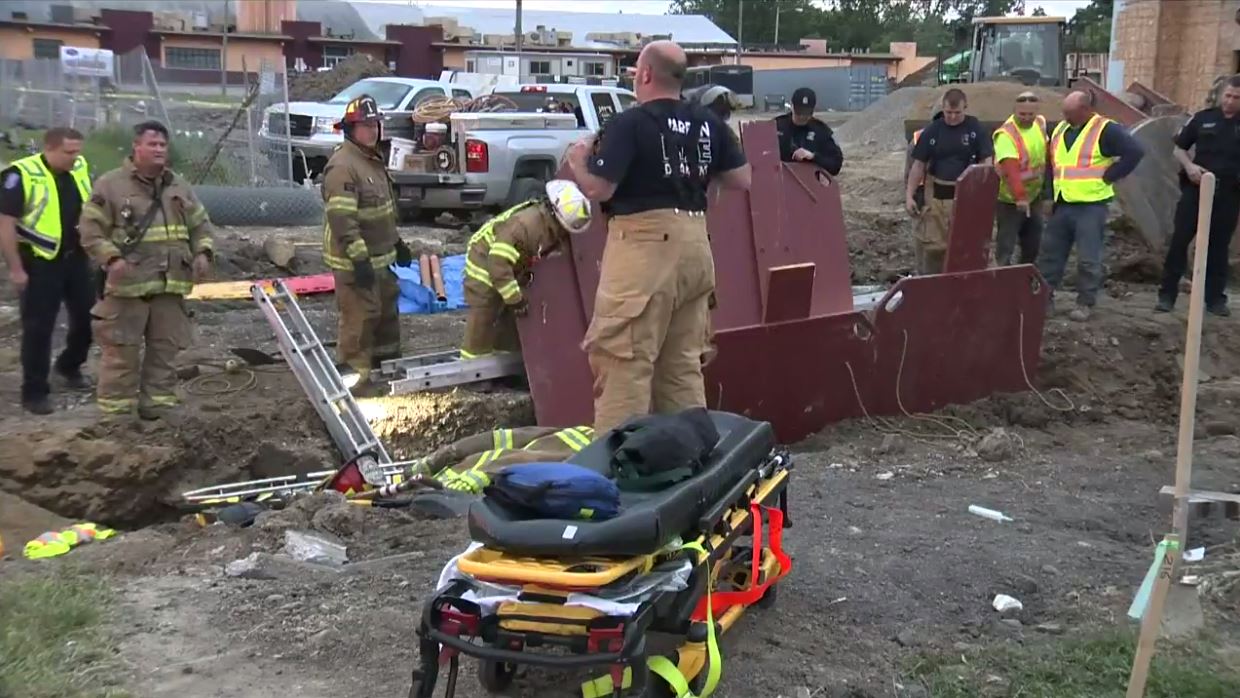
via Facebook
Trenches are dangerous, but many companies and workers continue to deny it. Or their actions make it seem like they do, at least. There’s never an excuse to let someone into a hole if it hasn’t been properly sloped, benched, or shored. Nevertheless, dozens of construction workers are killed and injured by trench collapses every year.
Last week, In Warren, Michigan, a 37 year old construction worker entered a trench towards the end of his shift in order to make a repair, according to WDIV Local News Detroit. Shortly after jumping down, without having the “proper equipment,” he found himself stuck in the hole and the walls then collapsed around him. The man was still able to breath, at that point, as he was only partially buried, but still unable to free himself.
WDIV reported that when emergency crews arrived on-site, another wall of the trench collapsed, which completely covered the man. The crews were able to give the man an oxygen mask and hook him up to an IV as they worked on shoring up the walls to start removing the dirt. In total, the rescue took around two hours and the man was then transferred to the hospital. His current condition is unknown and officials told WDIV that there’s a possibility he could lose some limbs, because of the weight of the soil cutting off blood circulation for so long.
WDIV filmed the final hour of the rescue, which you can watch via their Facebook page below. The man was pulled out of the trench around the 50-minute mark.
Full Story: Construction worker rescued from trench after hours underground at Warren construction site | WDIV Local News Detroit
[guest post] It’s a morbid statistic, but the construction industry experiences more workplace deaths than any other. With so many potential hazards, heavy-duty machinery, and power tools, it’s perhaps not surprising that serious accidents are relatively commonplace.
Even though we’re over a year into the COVID-19 pandemic, the virus is still threatening the health of construction’s workers and taking a toll on project timelines. It’s likely that your company has already determined the best course of action to help mitigate the risk of spreading the virus on your jobsites, but it’s never too late to learn from another contractor.
It’s been a little over a year since the coronavirus pandemic sent the entire world into a period of uncertainty, heartache, and panic. The construction industry itself has undertaken many different challenges, above and beyond keeping their people safe on the jobsite, many of which no one could have expected.
“You make a better door than a window!” is what I imagine loader operators constantly yell at the bucket in front of them (or maybe I’m just projecting based on my experience of having the habit of sitting right in front of the TV as a kid). Either way, operators may not be yelling that in the future, as equipment manufacturer, Doosan, has introduced what they claim is an industry first “transparent” bucket.
Reducing dust when cutting tile is important for many reasons (including safety and cleanliness), but wet tile saws can be a pain to use, with the slurry created spraying all around the work station and cold weather making the saw much more difficult to use outside. iQ Power Tools has a solution for that: the world’s first 7” portable dry table saw with integrated dust control.
In the construction industry, falls from height are continuously the leading cause of jobsite injuries, fatalities, and, as a result, OSHA citations. From May 3-May 7, OSHA invites construction employers and stakeholders to take part in their 8th annual National Safety Stand Down to Prevent Falls in Construction.
On Tuesday morning, February 23, the Syracuse Fire Department responded to a call about a collapsed crane on a construction site near the university. Thankfully, no injuries were reported.
It seems a little odd to be talking about air-conditioning when much of the United States hit some incredibly low temperatures in recent days, but a product that I learned about recently is just too exciting to ignore. Announced at CES 2021, a research company has unveiled an air-conditioned hard hat (ACHH) that can reduce the ambient temperature up to 22 degrees Fahrenheit!
2020 was a challenging year in many respects, but none greater than from a safety standpoint. The coronavirus pandemic placed the notion of “people over profits” under the microscope, while also balancing the needs of their employees to continue to make an income under difficult circumstances. While the pandemic was a large part of the construction safety conversation last year, there were several other developments to take note of for your projects in the future.

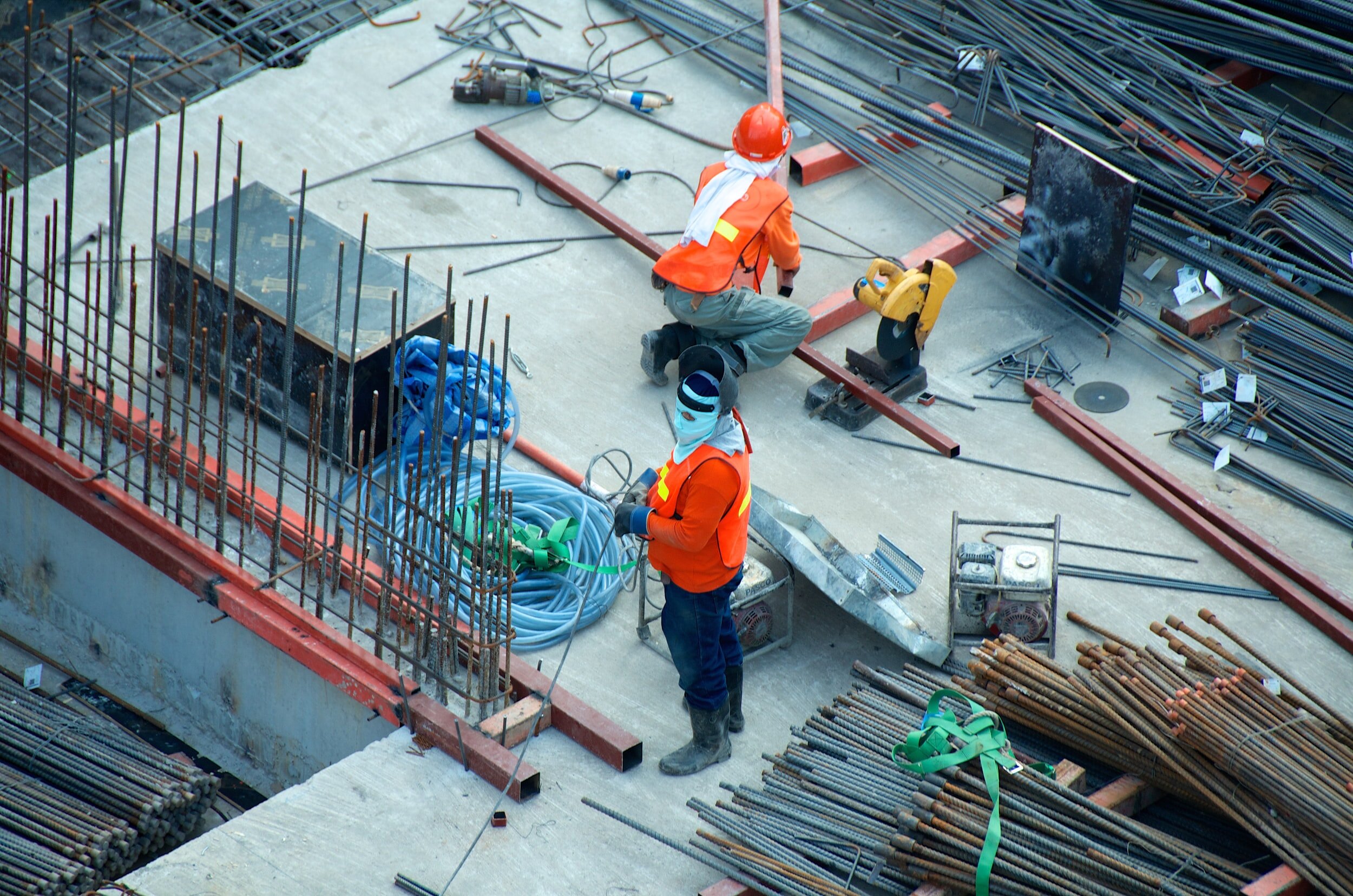
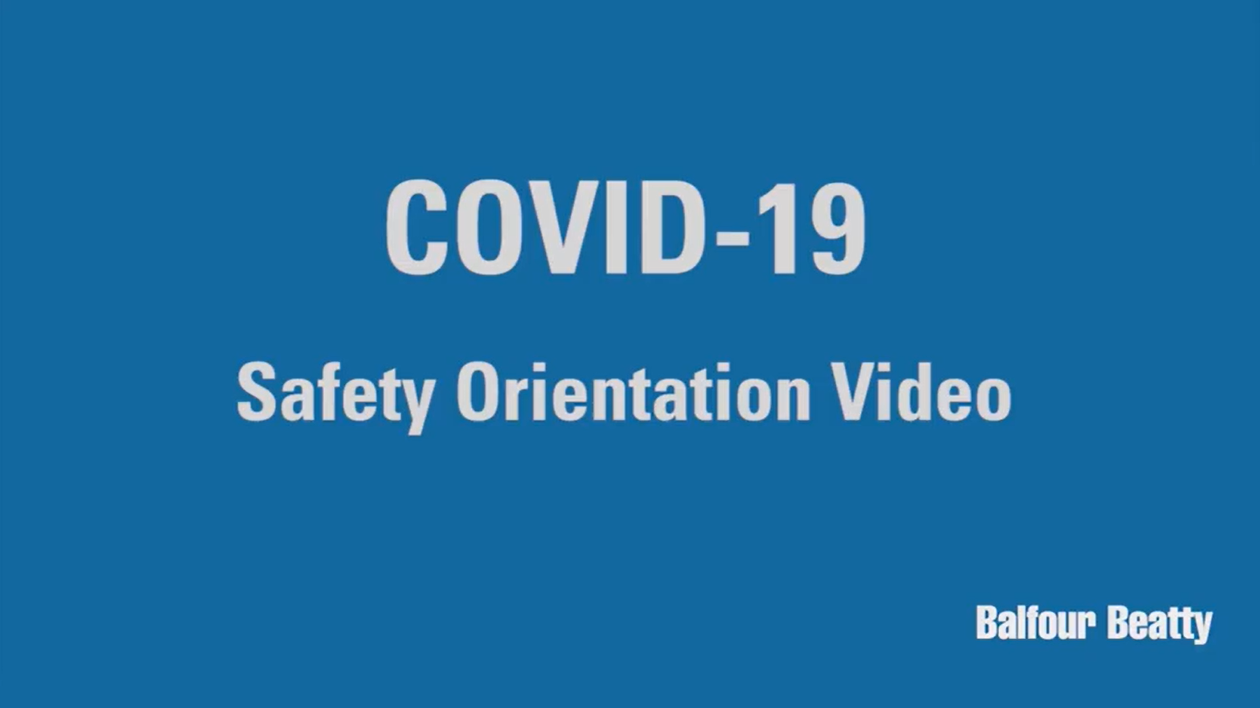


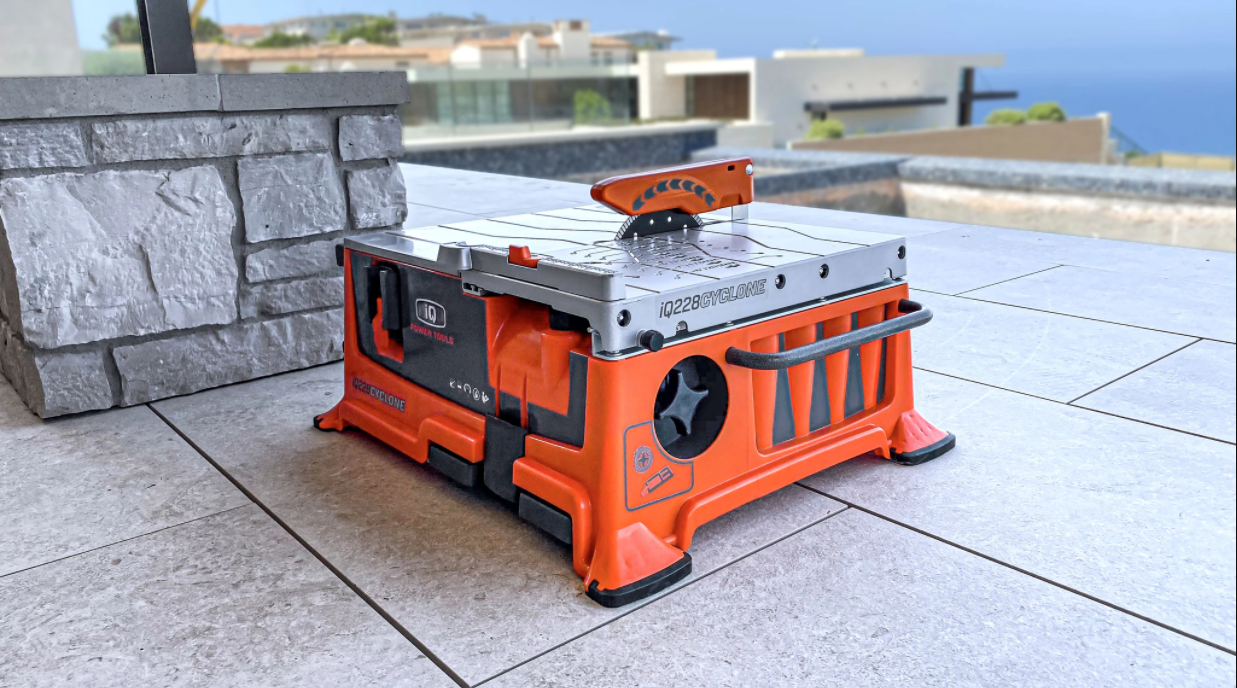

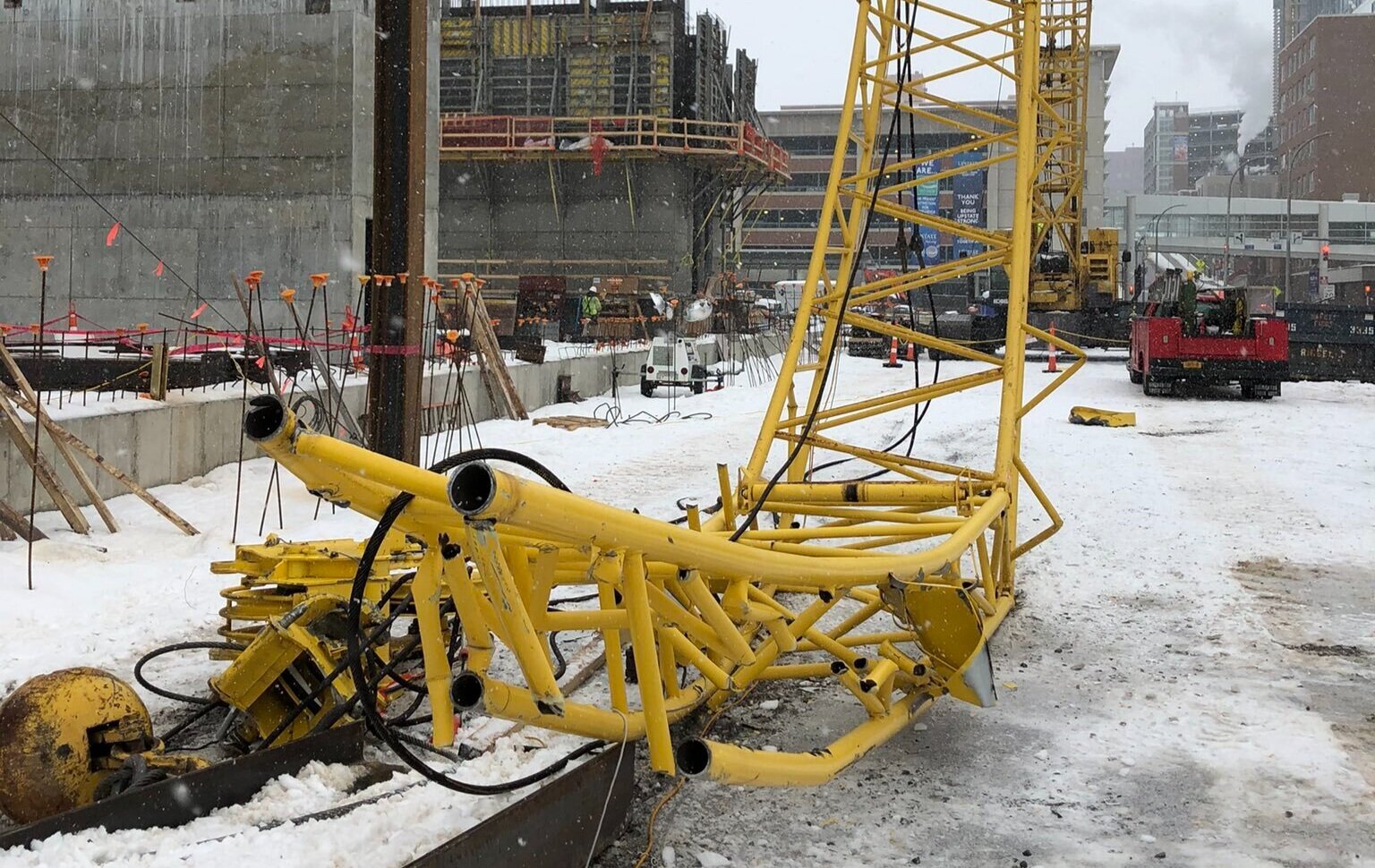


Last summer, Hilti announced that they had developed their first exoskeleton designed for construction tradespeople in a partnership with Ottobuck, a prosthetics, orthotics, and exoskeleton provider. Earlier this month, Hilti officially released the exoskeleton, announced more details, and published its retail price on their website.